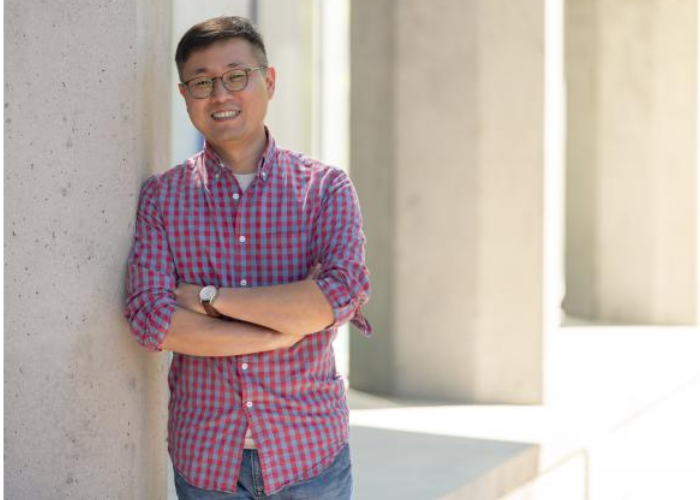Our Focus
Through the use of cutting edge technologies, Molecular Oncology (MO) aims to identify genes involved in the development of cancer, quickly and accurately.
MO's researchers combine diverse techniques, ranging from genomics, computational biology, tumour imaging, in vitro and in vivo functional models, to study biological and clinical phenotypes. The proteins produced by these genes may serve as targets for novel chemotherapy drugs and other cancer treatments, or imaging scans. MO uses these combined techniques to validate the role of the novel candidate genes in the development of cancer; with an eye towards translating findings into improved treatment options for cancer patients around the world.
News & Events
Research Labs
Recent Publications
The HACE1 E3 ligase mediates RAC1-dependent control of mTOR signaling complexes
BC Cancer Foundation is the fundraising partner of BC Cancer, which includes BC Cancer Research. Together with our donors, we are changing cancer outcomes for British Columbians by funding innovative research and personalized treatment and care.











